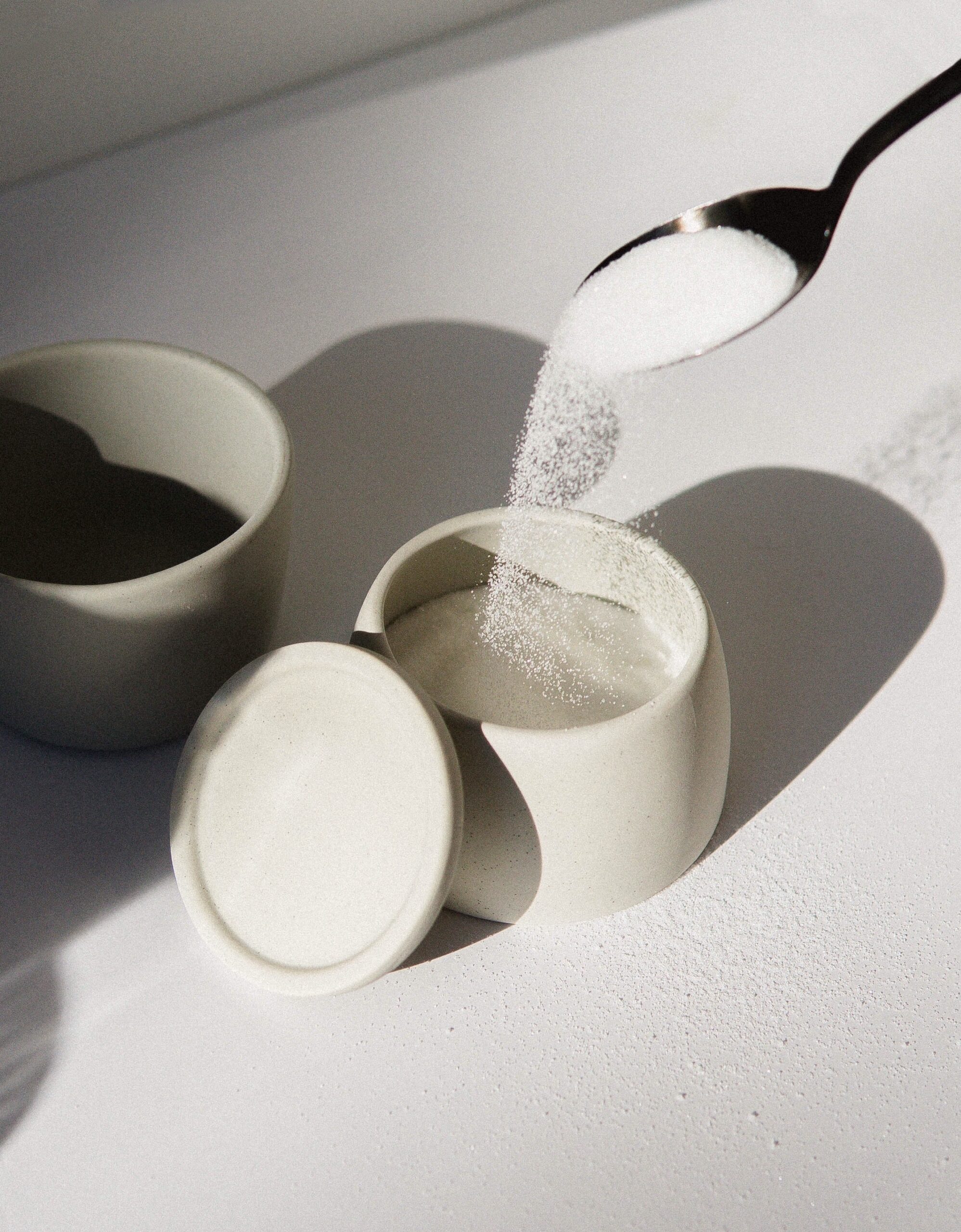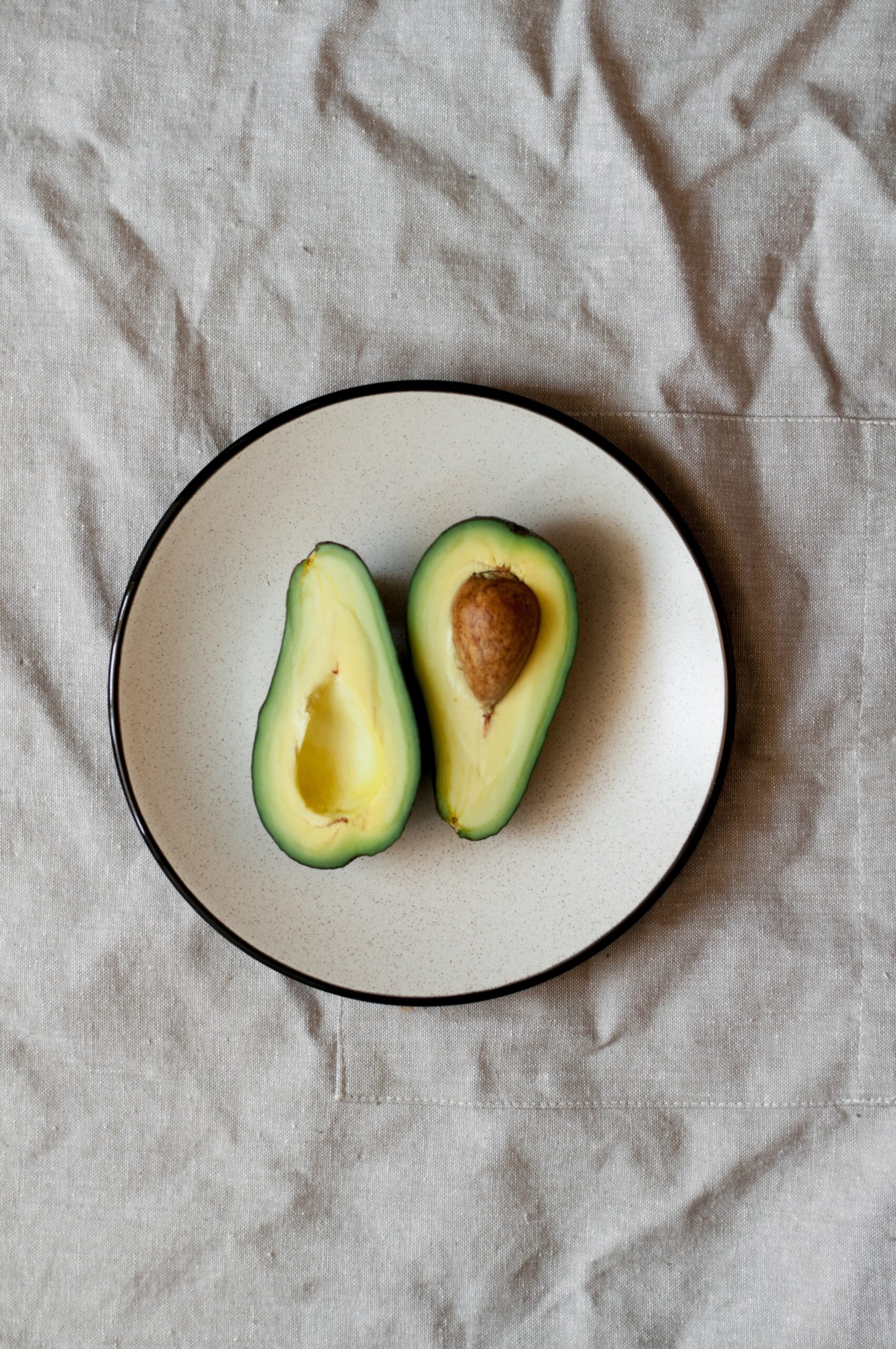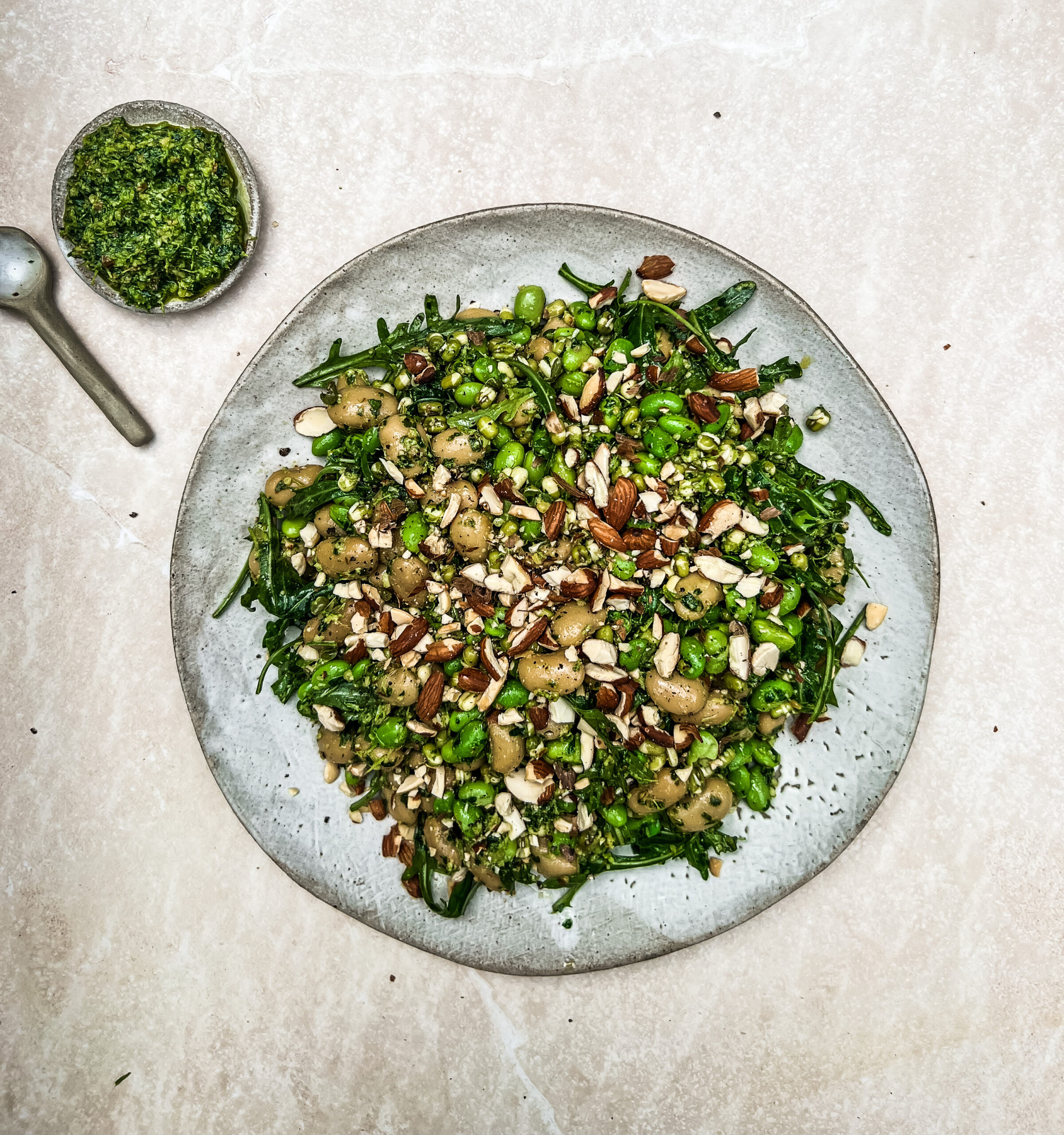Should You Break Up With Sugar?
Give Up Sugar? Why Tho.
So you’ve heard multiple times that sugar isn’t exactly a health food, and apart from the fact that it’s common sense, has anyone ever stopped to tell you exactly why?
Look, I’m not going to get all doom and gloom on you. And if you are feeling like quickly clicking away from this page because what you don’t know doesn’t hurt you, and you want to enjoy your pain au chocolat in peace, I promise you won’t hate me by the end of this – hopefully you’ll love me (I’m not a regular mom I’m a cool mom!).

When it comes to sugar, what you don’t know can very much hurt you. And likely in ways you haven’t actually thought about.
Diet affects how you look, how you think, your future and even your relationships. Diet affects everything! So naturally, not so great choices, like excess sugar, may come in the way of your desired looks, thoughts, future and life in general.
Let’s get into what sugar actually does to you, and why you may want to consider breaking up with it, or at least delete its number from your phone and keep your distance.

What sugar are you talkin’ ‘bout tho?
When I say sugar I’m talking about classic white sugar, brown sugar, cane sugar, raw sugar, caster sugar (and about 20 other names) and of course this includes food that is made from this sugar – lollies, candy, cupcakes, muffins, chocolates, cocktails, fizzy drinks etc.
And in my opinion, which you’ll soon come to understand, the “natural” sugars aren’t that great either. Coconut sugar, brown rice syrup, maple syrup, agave syrup, date syrup and more. Just like any food, every now and then isn’t going to do any harm, but it’s important to know that these items are still sugar, and when consumed in excess can lead to some of these negative outcomes.
Although I don’t mind these on occasion, the problem is that they keep a sugar addiction humming along. And if you are wondering if sugar is addictive or not, sugar addiction is real. And if you don’t believe me, read this.
Brain scans show that eating sugar causes the hormone dopamine to be flooded into an area of the brain that signifies reward. This makes you feel really great in the moment. But the problem is that over time you become addicted and you need more and more of it to achieve the same effect.
So how does sugar affect you? And why might you want to consider giving it the flick.

Mood
Research has tied sugar consumption to a greater risk of depression.
Depression, anxiety and many other mental health conditions are on the rise. And not just in extreme cases like suicidal thoughts and severe panic attacks, but also in more milder ways. Almost everyone experiences symptoms of depression and anxiety in some way, even without an official diagnosis.
Just because one is not suicidal or is not having severe panic attacks, doesn’t mean their mental health or general mood is perfectly stable and healthy. This was certainly the case for me – before I went on this journey, my mood was permanently extreme “flatness”, and I knew something had to change.
Seems kind of obvious that a healthy lifestyle and diet can influence our mood now right? And we haven’t even discussed the outcome of a greater mood on other aspects of your health – you are more likely to exercise, socialise, have higher self worth and actually make healthier choices (it’s a positive feedback loop!).
There are multiple mechanisms by which this may occur.
- A diet high in sugar is inflammatory to the body. Most diseases, including mental health conditions are associated with inflammation in the body. And researchers believe that depression is solely an outcome of inflammation in the body.
- Sugar has been shown to cause a biological stress where by consuming it causes a rise in cortisol which is the stress hormone.
- The brain is inextricably linked to the gut, via the vagus nerve and the immune system, so an unhealthy gut may very well affect your brain and therefore your mood.
- Insulin resistance is associated with a greater risk of depression. A common cause of insulin resistance is a diet high in sugar.

Skin
Skin is something that was only on my radar as I entered my late 20’s. Luckily, as I’ve always eaten really well, I’ve unknowingly reaped the benefits of my diet in the look of my complexion (of course a big part of this is genetics and sleep too).
You know when someone just looks vibrant and healthy? Their skin is hydrated, plump and even in skin tone, the whites of their eyes are clear, and there is no puffiness or redness or dry lacklustre skin.
I find skin such a sign of someone’s diet, more so that weight. One can be of a normal weight but look unhealthy, but I can pick someone with a bad diet within seconds of looking at their makeup free skin.
Topical products of course play a huge part, but I believe there is no point in them if you don’t have the foundations of healthy skin that come from healthy insides.
Sugar and diet in general can impact the skin in many ways.
- We’ve now established that a diet high in sugar leads to inflammation, and this leads to many problematic skin problems including acne, eczema, rosacea and pigmentation.
- An unhealthy diet may also accelerate the signs of ageing by contributing to further breaking down of the skin’s natural collagen. Or if you look at it the other way, an anti-inflammatory healthy diet filled with plenty of plants and good quality fats and animal foods slows the physical signs of ageing.
- There is even some sources that suggest sugar intake can up regulate oil production in the skin.

Weight
I like to think of weight loss as a side effect of giving up sugar, rather than the main benefit. But there is no denying that high sugar intake may cause weight gain or inhibit weight loss.
And please, if you haven’t figured it out already, don’t for a second think that weight is simply just the amount of calories you eat. This has been disproven over and over again. If this were the only thing that determined our weight, we would not be having an obesity epidemic and it wouldn’t be so complicated and hard to lose and maintain weight. Read more about my opinion on calories here.
What role does sugar play in your weight?
- Sugar is addictive. This means that you aren’t completely in control of how much of it you eat. As you can expect, this may lead to overconsumption of food and therefore weight gain.
- Sugar causes a rise in the hormone insulin which is responsible for taking the glucose in your blood and sorting it into it’s necessary place, which in the case of excess sugar consumption – is your body fat.
- Sugar is nutritionally void. While it may taste good sometimes, it does nothing to fill you up. In fact if anything it makes you hungrier. There is no protein, fat or fibre in it and these are the dietary elements that make you feel satisfied and full. This means that even after eating something sugary, you are still likely to be hungry and therefore increase your total consumption of food.
Disease
This one is quite a large topic as there are so many lifestyle diseases that are highly prevalent in the developed world. There is no denying that an unhealthy diet is associated with greater risk of all lifestyle diseases – heart disease, diabetes, obesity, some cancers and even mental health conditions.
Sugar is nutritionally depleted. When consumed in the form of refined sugar, it doesn’t offer you anything apart from sugar. Sugar is not a food group. By breaking up with it, you aren’t cutting out an entire food group.
There are no negative side effects from eating well and living a healthy lifestyle. None. Don’t let anyone tell you it’s unhealthy to cut out sugar. And I hope you can see this now after reading this. Negative side effects can happen when you go about it the wrong way – but that’s a whole other story.
Giving up sugar doesn’t have to be sad or painful or tasteless.
In actuality, breaking up with sugar will set you free. Join me on the other side and live the life you deserve.
My 4-week program to quit sugar for life begins in Feb. Read more here.
Liv xx










